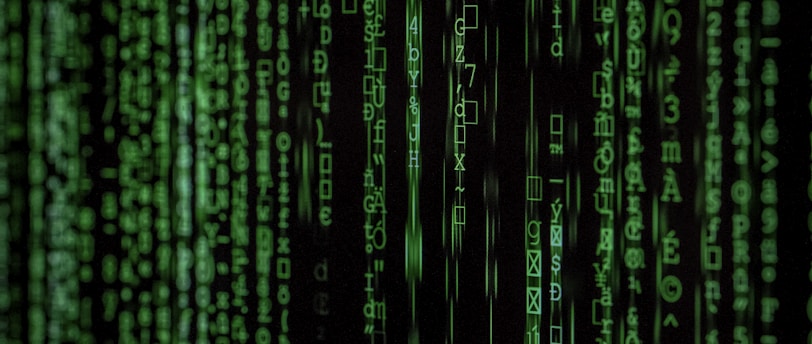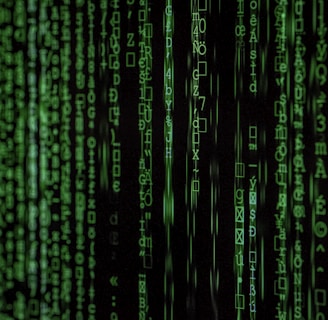Demystifying Computer Viruses
Computer viruses are digital troublemakers that can infect your computer and cause harm. They are malicious programs or code that attach themselves to other files or software on your computer. Once inside, they can spread, damage, or steal your data, take control of your computer, and replicate themselves.


In the computer world, a hidden danger lurks in the digital shadows: computer viruses. These don't make you sneeze, but they can make your computer sick. In this simplified guide, we'll explore what a computer virus is, how it works, and what you can do to protect your digital world.
What is a Computer Virus?
A computer virus is like a sneaky, digital troublemaker. It's a malicious program or code that attaches itself to other software or files on your computer. Once inside, it can cause havoc, just like an actual virus can make you sick.
How Does a Computer Virus Work?
Imagine sharing your favorite toy with a friend, but your friend secretly hides a tiny, naughty gremlin. That gremlin can mess up your toy, and even when you share it with others, they'll get the gremlin, too. Computer viruses are a bit like those gremlins; they can:
Spread: Just like the gremlin in the toy, viruses can spread to other files and even to other computers when you share files or devices.
Damage or Steal: Some viruses harm your computer by corrupting files, slowing it down, or deleting everything. Others are like digital thieves stealing your personal information, like passwords and credit card details.
Control Your Computer: Certain viruses can take control of your computer, turning it into a puppet that follows the virus's commands.
Replicate: Like a multiplying gremlin, some viruses can make copies of themselves to spread even further.
How Do You Get a Computer Virus?
Computer viruses are sneaky and can enter your computer in various ways:
Email Attachments: Opening email attachments from unknown senders can be risky. Viruses can hide inside these attachments.
Downloading from Untrustworthy Sites: Downloading software or files from sketchy websites is like inviting viruses in. Stick to reputable sources.
Infected External Devices: Plugging in infected USB drives or external hard drives can transfer viruses to your computer.
Malicious Links: Clicking suspicious links in emails or websites can lead to virus infections.
Software Vulnerabilities: Outdated or unpatched software can have security holes that viruses exploit to get in.
Types of Computer Viruses
Computer viruses come in various forms, each with its own mischief:
File Infector Viruses attach themselves to executable files and spread when the infected file is run.
Macro Viruses: Often found in documents or spreadsheets, they infect the macros (small programs) within these files.
Boot Sector Viruses: These target the master boot record of your computer's hard drive and can make your computer refuse to start.
Resident Viruses: These viruses hide in your computer's memory and can infect files as you use them.
Multipartite Viruses are like shape-shifters, using multiple infection methods to be even trickier.
Protecting Your Digital World
Now that you know about computer viruses, here are some simple steps to keep your digital world safe:
Use Antivirus Software: Install reputable antivirus software to scan and remove viruses from your computer.
Keep Software Updated: Regularly update your operating system, browsers, and other software to patch security holes.
Be Cautious with Email: Avoid opening email attachments or clicking on links in emails from unknown or suspicious sources.
Download Wisely: Only download software and files from trusted websites.
Use Strong Passwords: Strong, unique passwords protect your accounts from viruses.
Back-Up Your Data: Regularly back up important files to an external drive or cloud storage. That way, if a virus strikes, you won't lose everything.
Use a Firewall: A firewall acts like a gatekeeper, blocking unauthorized access to your computer.
Educate Yourself: Stay informed about the latest virus threats and scams to recognize and avoid them.
In Conclusion
Computer viruses are like mischievous digital gremlins that can wreak havoc on your computer. But with the proper precautions and protective measures, you can keep them at bay. Use antivirus software, keep your software updated, and practice safe online habits. Just as you take care of your toys to keep them gremlin-free, you can take care of your computer to keep it virus-free and enjoy a worry-free digital experience.










